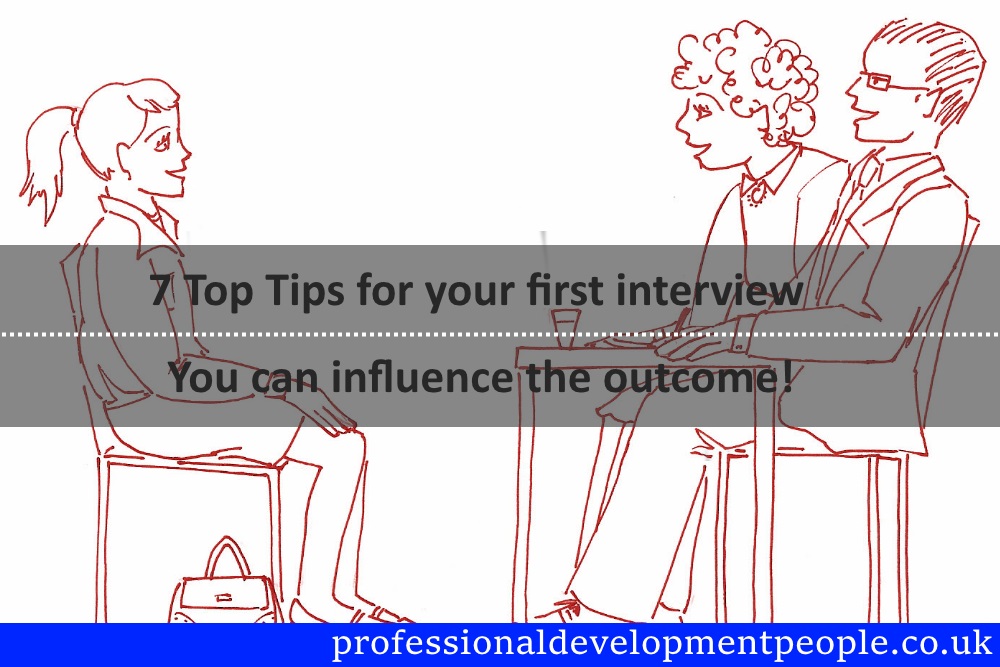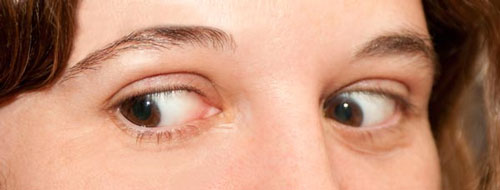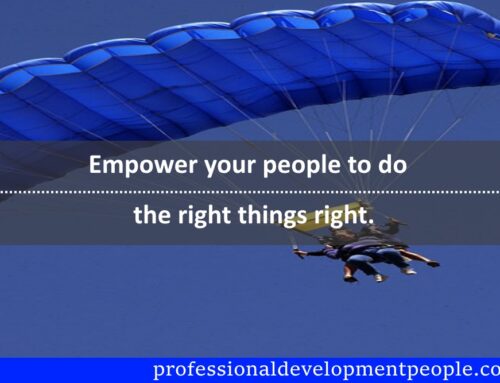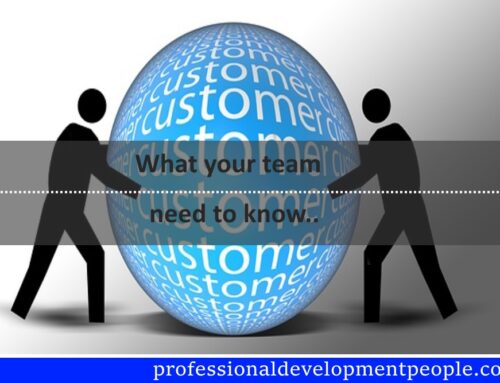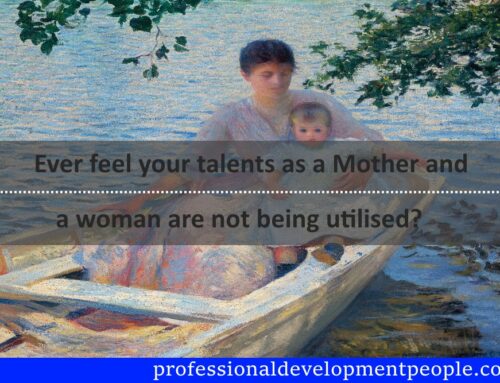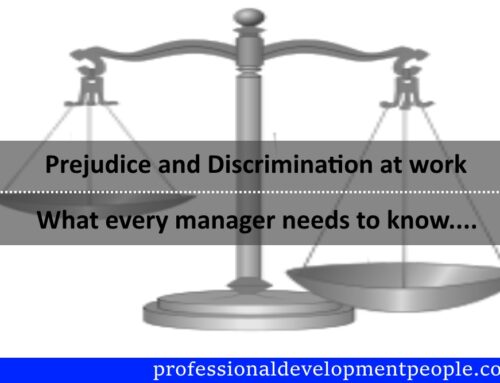“Nation of awkward teens need help to shake hands and smile”
Antony Jenkins Barclays chief executive, was quoted in The Sunday Times today as saying that Britain will probably have a “lost generation” of teenagers, if we don’t “help them develop the skills they will need for the new world of work”. Are these your students he’s talking about? The skills he’s referring to aren’t the academic topics they’ve spent years studying for, but “people skills”. These are the skills that take the individual from being “socially awkward” and not able to give eye contact or shake hands with someone in authority, to appearing confident in the way they manage themselves, engage in conversation and play their role within the interview. Below I’ve outlined 7 top tips for you to share with the young people you work with increase their effectiveness in interviews:
Be prepared for the interview
How many of us worry about the interview in private, but shrug it off as “no big deal” in public. IT IS A BIG DEAL! Statistics from www.parliament.uk showed that 764,000 young people aged 16-24 were unemployed in September to November 2014, which was up 30,000 on the previous quarter, and the unemployment rate was up 0.9% from the previous quarter. This means that no matter how positively you are viewed at six form, college or university, you are an unknown quantity in the world of work. You will be judged on what you know and how you present yourself, so read up on the company, the position you are being interviewed for, what other similar companies are up to. Have questions prepared that you can ask the company, and appear knowledgeable. Be very clear why YOU want to work for THEM, as HR and company directors like to know that you have chosen to apply to them for a job rather than a competitor.
Be confident
How do your friends and family view you? Do they see you as being confident in a range of situations? Ask them for examples of when they have seen you this way, and what you looked and sounded like? Check out were you naturally confident in this situation, i.e. discussing a topic around Sunday lunch with your family, or did you have to switch if on, such as giving a speech at college. Get your family or close friends to describe these situations and coach you, so that you can conjure up these positive words, phrases and mannerisms again, when your confidence is beginning to fade, either before or during an interview. Also ask them to describe situations where you’ve been over-confident and what this looked like? It’s important to know the difference so that the wrong impression doesn’t come across in an interview. When we are nervous, over-confidence can easily come into play to cover up nerves. This is not a good look
Posture and stance
When you go for an interview, you never know who is observing you, so it’s always a good idea to be confident from the minute you enter the building. What impression are you giving the receptionist who greets you? At this stage, you will need to show confidence through your posture and stance, so ensure that when walking into the building or interview room, you stand up tall and straight, put your shoulders back and keep your head level with your chin up, as this makes it easier to gain eye contact. These things extend your body length and give you a presence. If this is difficult for you to understand, just think of how you view people who are the opposite. By trying to make themselves as physically small as possible, how do you see them: shy, worried, fearful or even powerless? Can you think of someone who has a strong presence on TV? Observe their mannerisms and how others react to them. However, as I’ve mentioned earlier, don’t be over-confident and swagger into the interview room thinking the world is lucky to have you.
Eye contact
There is a lot of information out there on whether you should or shouldn’t make eye contact due to cultural differences, gender and age differences and how best to show respect to someone in authority. The golden rule, is that the person interviewing you is asking you questions and so will usually be looking at you, and so expects you to look at him or her when responding. It’s useful to do this, as you can generally pick up on their facial cues, smiles, nods show they are listening and are either agreeing with what you are saying or are finding it interesting, whilst frowns or stares could mean confusion or disagreement. It IS acceptable however, to break eye contact. You are not in a staring competition, and also ensure that if you are being interviewed by a panel, that you initially look at the person who asked you the question when answering, then look along the panel as you continue answering the question.
Body language
During the interview you’ll be using a range of body language and the key is to be aware of some of the messages you are giving. This is why mock interviews are really useful, and preferably with people you don’t know, as they can tell you, without bias, the impression you are giving. You will be nervous, you might be flustered, you’ll probably be sweating and possibly uncomfortable in the clothes you’re wearing. If you have excluded an air of confidence before entering the room with your posture and general chit chat, don’t blow it now. Ask friends and family if you have any ‘poker’ tells, which means what do you routinely do when you are nervous, twist your fingers, play with your hair, clear your throat or jiggle your legs? Whatever your poker tells are, unless you are consciously aware of them you won’t be able to know when they are happening and stop doing them! You won’t fail an interview for crossing your arms across your chest or saying erm, but the person interviewing you will pick up on how uncomfortable you feel compared with the person they have just seen, and may choose to give the job to the more confident person, if qualifications and knowledge are similar.
Choice of words
You must know your stuff! You must use key terminology in a knowledgeable way and also provide examples of things you have done. Look at the job description, objectives or competencies required and pick out the key points that link your experiences or ‘career/job wants’ and talk about these. At the very least it shows you have read all the information sent to you and can link the job competencies to experiences you have had. It also makes you feel comfortable as you are talking from a position of familiarity and therefore are more confident. It’s like using hashtags, if you want to get hits, use the right tags. If you want to get the job, use the workplace language! Most interviews want to know about your life experience as well as academic information, so talk about your hobbies and how decision making comes into play, or budgeting, decision making or problem solving…
The open and close of the interview
These are important times and interviewees often feel powerless at these points as they are unsure what is expected of them, so are just usually quiet and waiting for someone to tell them where to go and what question to answer. Use this time to engage in small time or chit chat, about the company “I’m delighted to have the opportunity to come here today because I’ve heard ….”, the building “What a fantastic old building, what’s it like to work here?”, the weather or any small talk (you can prepare some topics beforehand), so that you give positive verbs to the person meeting you, and it also helps you to relax into the situation. More importantly, the interviewer sees you smiling and chatting to a member of his or her staff on entry to the room. An excellent first impression! Similarly, at the end of the interview, show some initiative and thank the interviewing panel for their time, give them eye contact and shake each person’s hand if you have the opportunity. This gives them a positive lasting impression of you being a confident candidate for the job!
Professional Development People have worked with schools, universities and companies in coaching people and developing their communication skills. We were most recently involved with #DavidCameron’s #Employability programme in Surrey, helping the long term unemployed get back into work, through training them in a range of qualifications, CV writing and interview skills.
Let us help your young people! Call or email Paula or Richard via our website to arrange a free consultation over coffee. Follow us on Twitter Paula or Richard
Please like us on Facebook.

